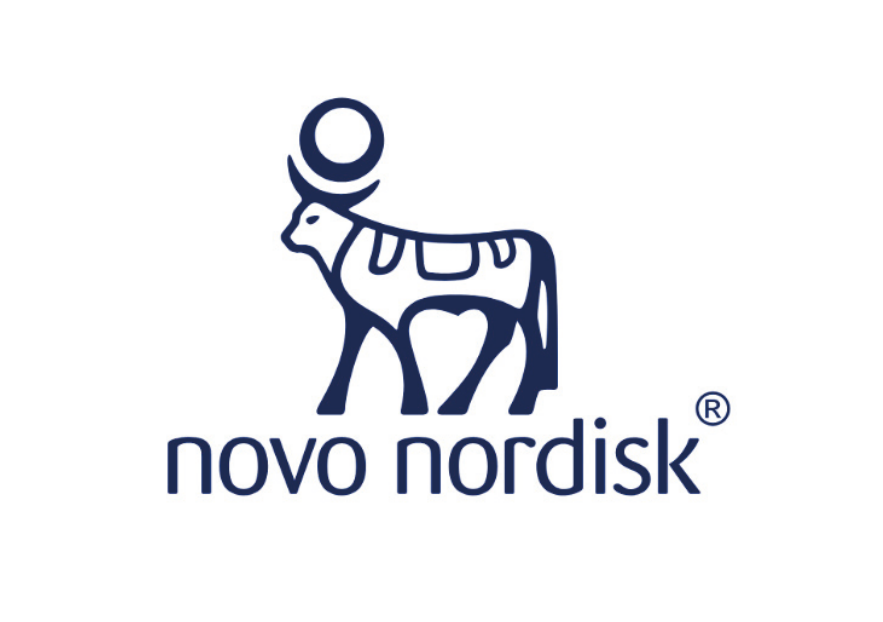Unauthorized online promotions mislead consumers while pharmaceutical experts call for stricter enforcement.
Illegal marketing of the obesity treatment drug Wegovy (active ingredient: semaglutide) is spreading across major online platforms. Deceptive tactics are misleading consumers as related posts remain largely unchecked. Pharmaceutical experts and the manufacturer are calling for intensified crackdowns on counterfeit marketing practices.

Wegovy, a version of the diabetes drug Ozempic repurposed for obesity treatment, received FDA approval in 2021 for weight loss and quickly gained attention as a “miracle obesity drug.” It dominates prescription markets in the U.S. and Europe. South Korea’s Ministry of Food and Drug Safety (MFDS) approved Wegovy in 2023, including its use for reducing major cardiovascular event risks, though supply shortages delayed its local availability until October 2023.
Approximately 80 days after its introduction in South Korea, Wegovy is actively prescribed in areas like Jongro and Gangnam in Seoul. Clinic representatives report improved supply levels. According to a spokesperson from Clinic A, “Patients can receive prescriptions without difficulty following blood tests and body composition analysis.” Another clinic, while noting tight supply, offers prioritized availability for patients paying a $70 reservation fee.
The drug’s rising popularity has coincided with a surge in illegal marketing activities online. Searching for “Wegovy prescription” on major portal sites reveals blog posts featuring women’s body photos under the guise of prescription reviews. For instance, a blog post titled “Wegovy Price, Prescription, Side Effects – 5.5kg Review” initially claims successful weight loss with the drug but later pivots to endorsing dietary supplements, citing severe side effects. These posts often promote alternative products like herbal remedies, presented as safer or more effective options.
Many top search results for Wegovy follow a similar formula: highlighting initial drug use, detailing side effects, and transitioning into marketing other products. Some clinics even use their official blogs to subtly advertise herbal medicines under the guise of sharing prescription reviews.

Criticism within the pharmaceutical community is mounting. A pharmacist, speaking anonymously, commented, “It’s essential to discuss both the benefits and risks of medications, but exaggerating Wegovy’s side effects to promote alternative products is unethical. Health authorities must intervene to remove such misleading content.”
Novo Nordisk, the manufacturer of Wegovy, has expressed concern over these practices. A company representative stated, “Despite Wegovy’s proven clinical efficacy and safety through Phase 3 trials, the indiscriminate marketing tactics are regrettable. We have a robust monitoring system and will take appropriate action to address these issues.”
South Korea’s MFDS acknowledges the difficulty of cracking down on online marketing disguised as Wegovy reviews. An official stated, “We anticipated such issues before Wegovy’s launch and are monitoring the situation closely. However, these tactics are becoming increasingly sophisticated. Posts often originate from unidentified entities or overseas servers, complicating enforcement. We are collaborating with the Cyber Investigation Unit to address these challenges.”
This issue underscores the need for stricter oversight and enforcement as the popularity of Wegovy grows. Both health authorities and pharmaceutical companies face mounting pressure to safeguard consumers from deceptive practices.

